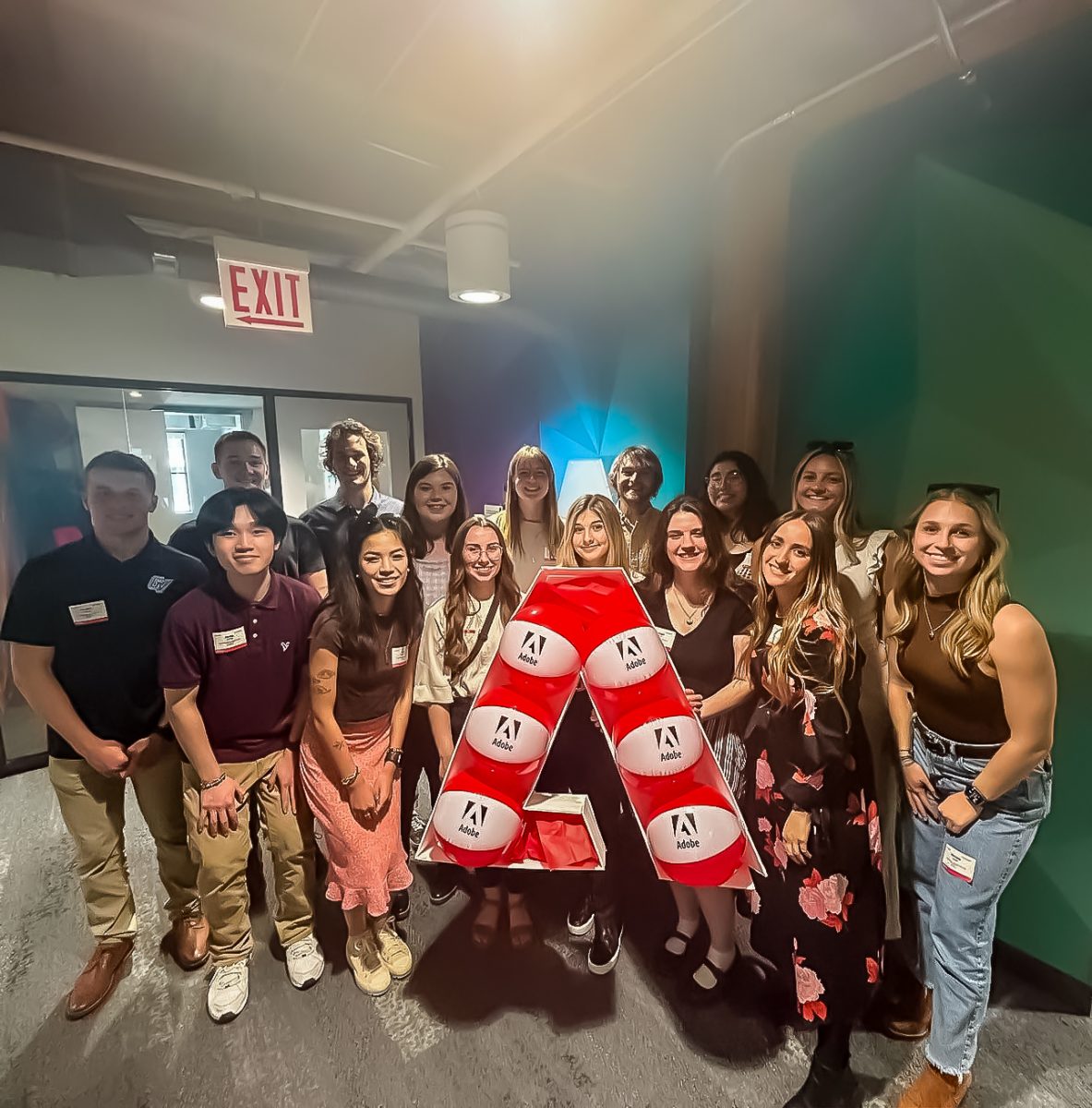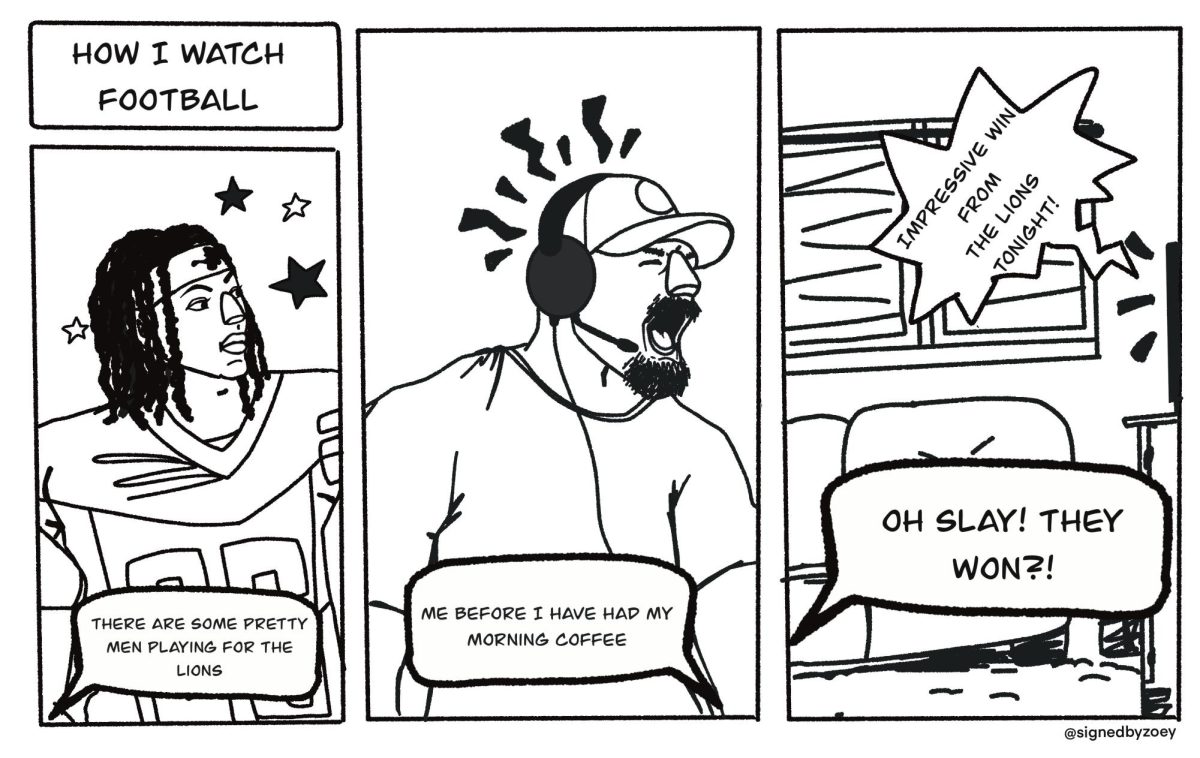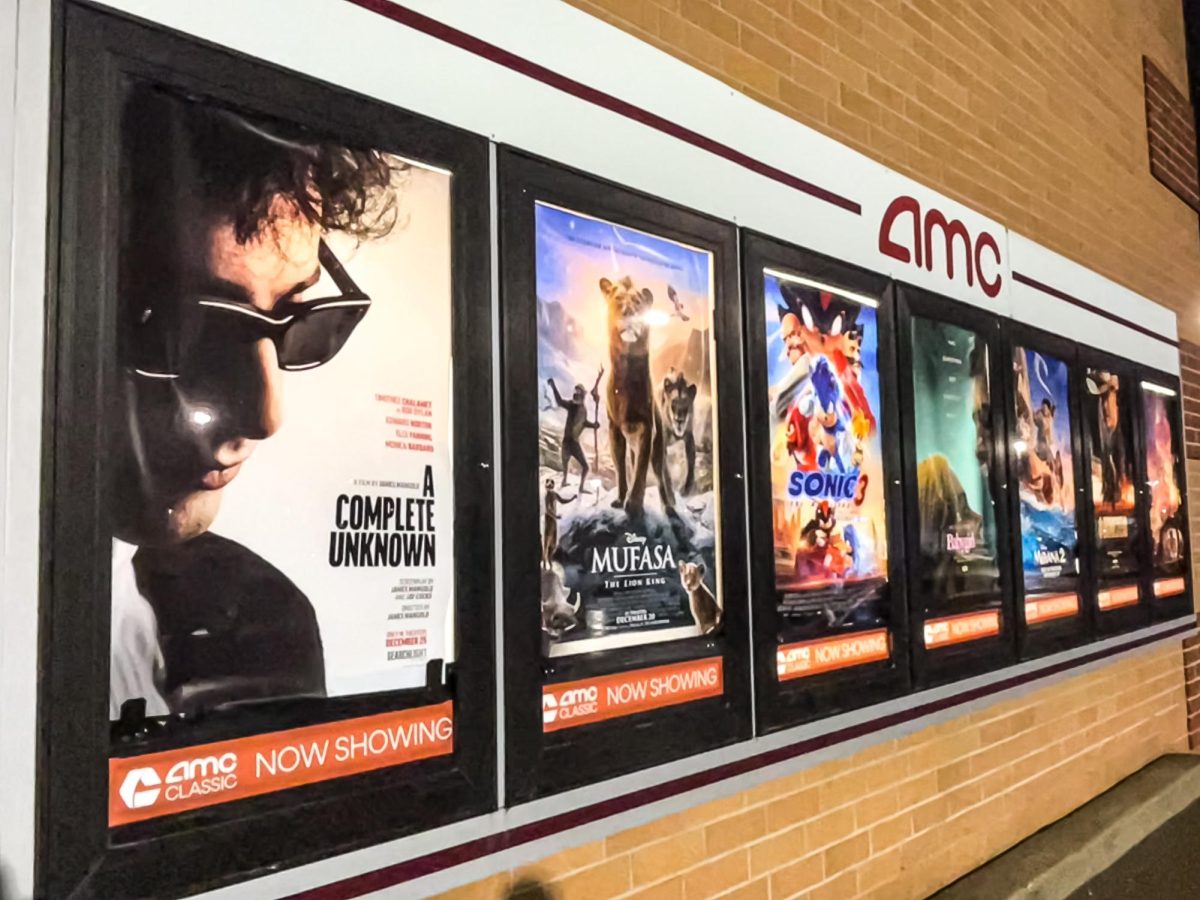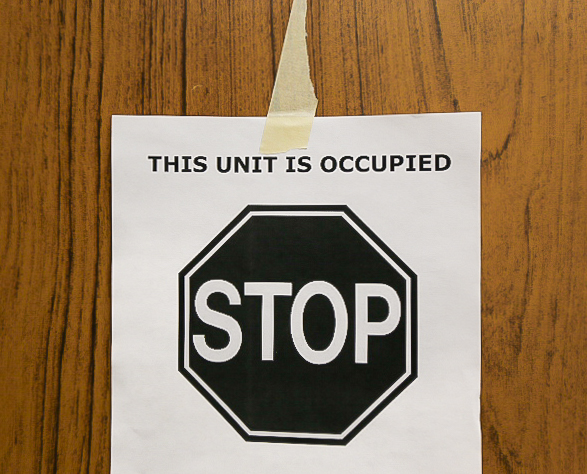Internet trends must strike balance between issues, entertainment
Jan 25, 2021
When it comes to the unpredictable landscape of digital dialogue, it seems like social media is the grand arbiter. There seems to be an ecosystem of discussion that’s reflective of our international dialogue, but starkly different – and this is often dependent on trends, algorithms and memes.
When Joe Biden was sworn in as president, Kamala Harris made history as the first woman of color and Asian-American to hold executive office, and over 30 executive orders were signed with immediate implications, what took social media by storm was a 79-year-old man with adorable mittens sitting in a folding chair.
The popularity of the Bernie Sanders chair meme even made its way to Grand Valley State University social media accounts, but far more interestingly is how it represents this idea that significant world events often get overshadowed by the the easily shareable, insignificant aspects of life – especially when we look at Generation Z and Millenials as our sample population.
This approach has to be delicately balanced, and what ultimately dictates which way this balancing act swings is intent.
On one hand, it represents a sort of opting-out of participating in large, difficult discussions (like the direction of our country) and focusing more on the insignificant.
It feels like just yesterday that social media was a place of overwhelming support for demands to upheave racial inequity and the peaceful transition of power. At the peak of summer protests, we saw personal anecdotes, invitations to march and proposals to rebuild policing. Now, it feels like much of American social media has tired of this and moved on.
But perhaps the images of Sanders photoshopped sitting in random, often ridiculous places shines a more hopeful light on who we are collectively, and the kinds of things we prioritize on social media when a major world event occurs.
In the days following the photo, Sanders praised Jen Ellis, a Vermont school teacher who made them out of repurposed wool and fleece, as well as recycled plastic.
Not only has Ellis sold out of her mittens, but Sanders is taking his internet fame and selling merchandise of his likeness to raise money for Meals on Wheels and other similar nonprofits. This gives people the opportunity to turn a retweet into marketing for a product that supports those in need.
It’s unreasonable to cut focusing on the hysterically insignificant factors of life out of social media, but it’s far easier to turn these events into calls for education and change. Using the memes and blunders to turn a blind eye to the world may be fine in the short-term, but it will take significant effort to use them as stepping stones to continue to have difficult conversations and spark the much-needed change our country needs right now.
A retweet can either be an interaction with a popular meme or it can be supportive of a powerful social media movement. And it can be hard to determine the difference between the two.

























